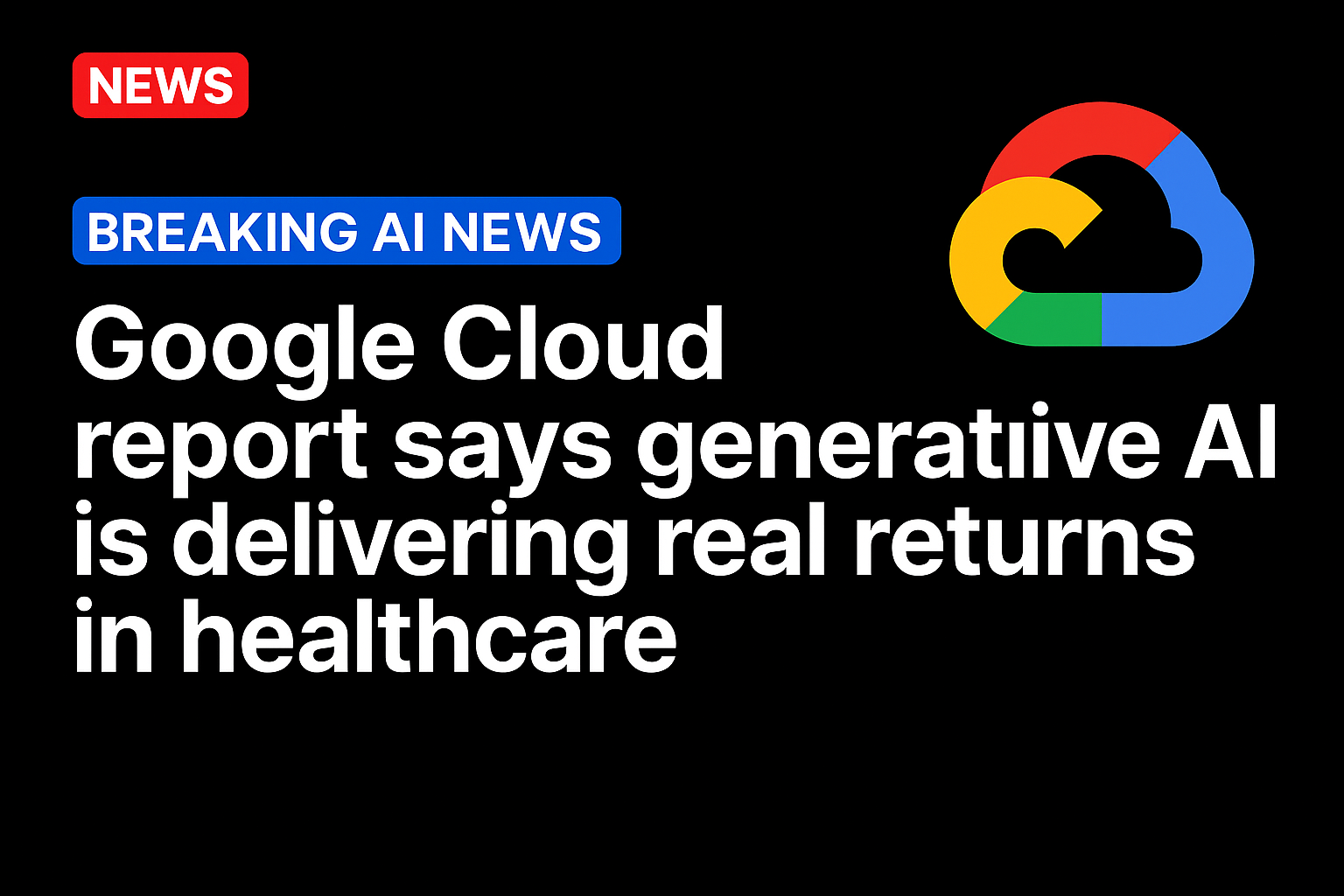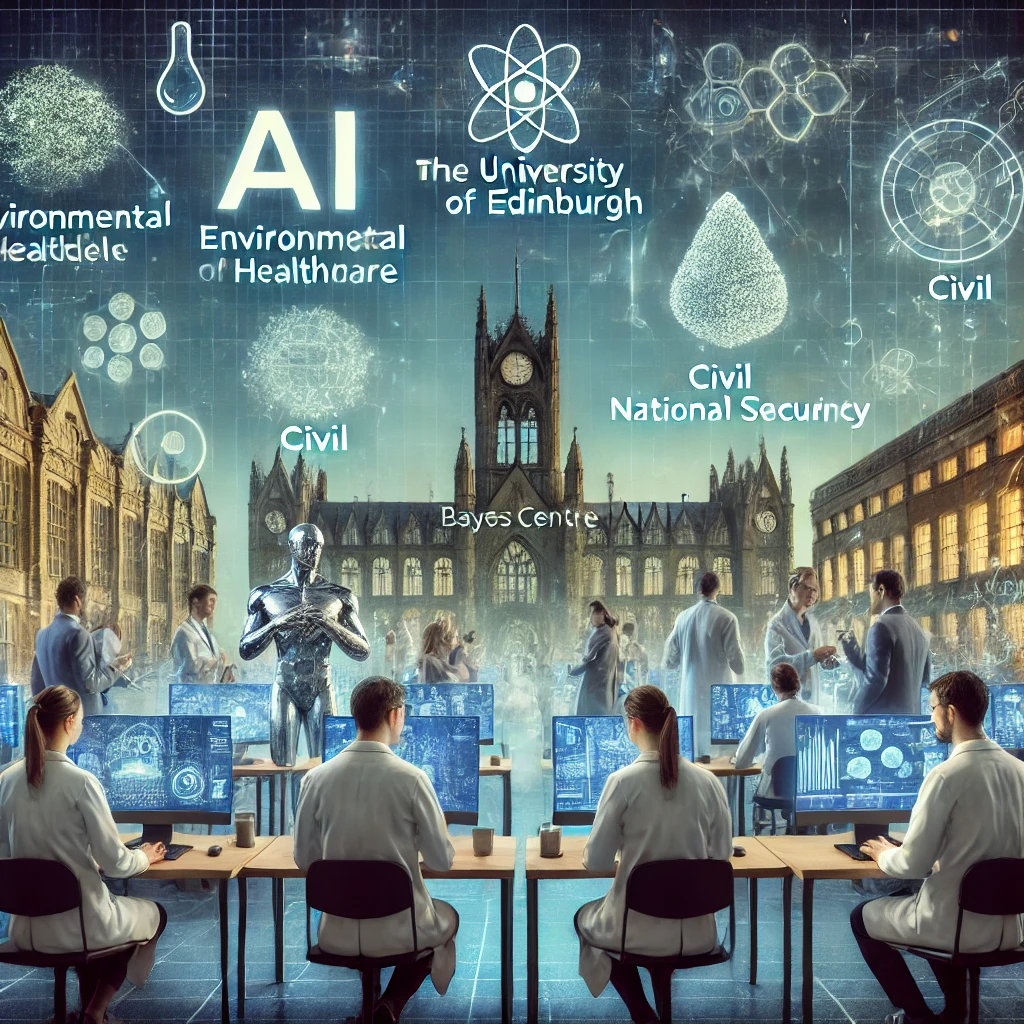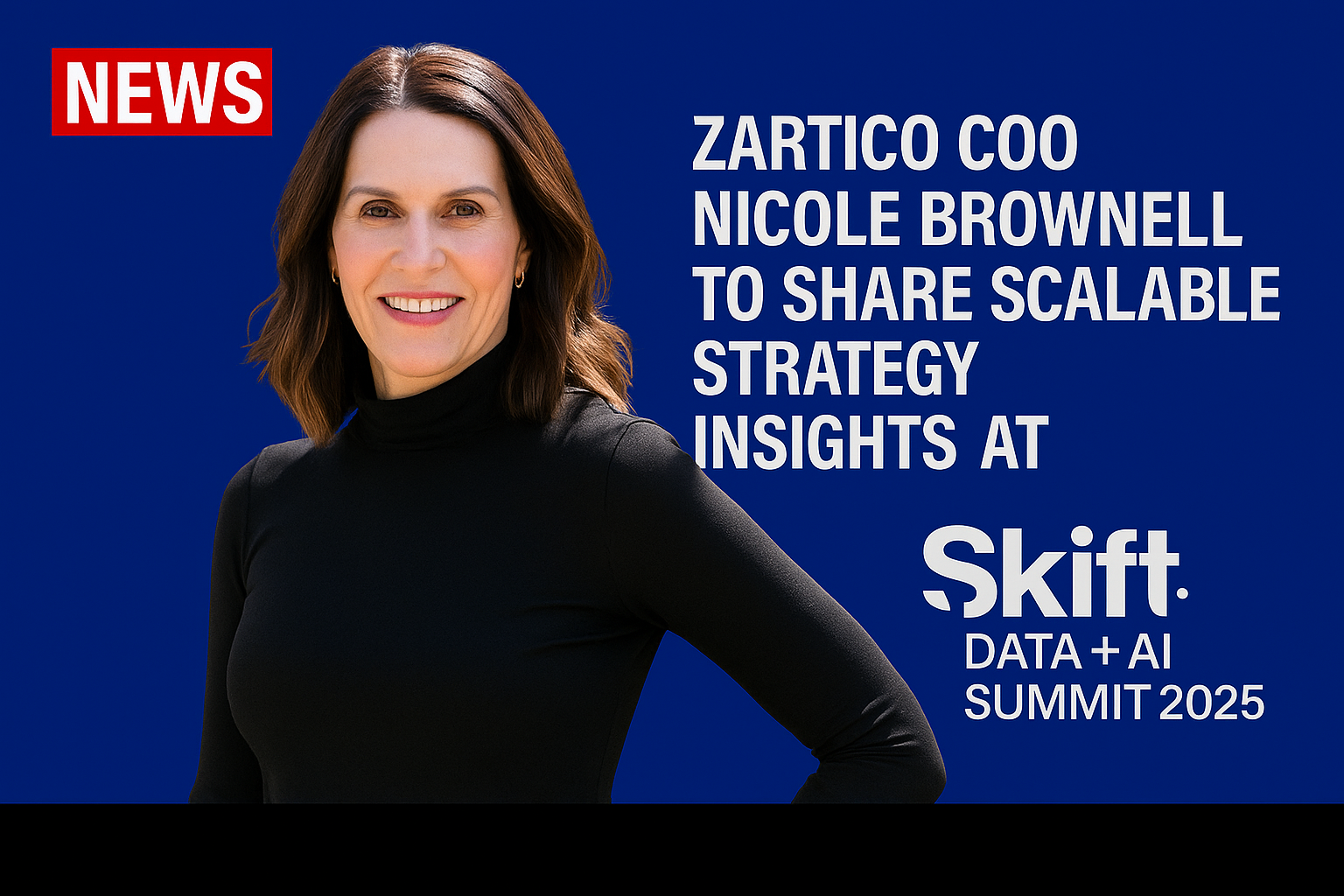
Generative AI’s first phase in healthcare focused on pilots and productivity. The next phase, centered on agentic AI, is about measurable returns. According to Google Cloud’s ROI of AI in Healthcare and Life Sciences report, 44% of executives in these industries now have AI agents in production. This signals a clear shift from experimentation to scaled deployment.
“AI agents are specialized models with context and objectives that can plan, reason, and take actions under human control,” said Aashima Gupta, Google Cloud’s Global Director for Healthcare Solutions, who was cited in the report. “They are enabling organizations to achieve higher precision and automation across care and research,” she added.
The report, based on a global survey of more than 600 healthcare and life sciences leaders, finds that nearly half of organizations are already allocating more than 50% of their future AI budgets to agents. This transition comes as generative AI’s ROI becomes evident across patient experience, research productivity, and time-to-market metrics.
From Chatbots to Clinical Workflows
AI agents are evolving from simple chatbots to advanced systems that can integrate data and execute actions. They can also collaborate with other agents. In healthcare, the top use cases include tech support at 53%, productivity and research at 49%, and inventory tracking and restocking at 46%. Increasingly, hospitals and insurers are applying agents to high-stakes domains. These include regulatory compliance and medical image recognition, where precision and data governance are paramount.
Hospitals are already seeing the benefits. As PYMNTS reported, major providers are deploying AI to optimize scheduling and reduce administrative waste. They also improve outcomes. “As AI takes on repetitive administrative work, human roles are shifting toward empathy, judgment, and complex decision-making,” said Anaterra Oliveira, Vice-President of Technology at Dasa, in the report. Hospitals are using AI scribes to document visits, manage claims, and route prescriptions. This reduces clinician burden and improves throughput.
At Seattle Children’s Hospital, Chief Digital Office and AI and Information Officer Zafar Chaudry mentioned in the report that the next frontier will be patient support. “Patients often struggle to navigate the system, especially if there is a long wait to speak with a doctor,” he said. “A personal AI assistant that can answer their questions based on validated clinical data would make a huge difference.”
Generative AI ROI Arrives in Core Clinical Functions
While early adoption centered on tech support and administrative tasks, the report finds the highest ROI potential in core clinical and operational areas. These include patient screening, image recognition, and automated documentation. Each was cited by 22% of healthcare respondents as already delivering measurable returns.
These functions, though more complex due to privacy and interoperability challenges, are producing results such as faster documentation, improved patient satisfaction, and reduced time to treatment. In practice, they show that AI in healthcare is moving from assistive to agentic systems that handle defined actions securely and under human supervision.
That progress aligns with PYMNTS research, which found that 90% of healthcare executives are already seeing positive ROI from generative AI deployments. Those returns are strongest in organizations that pair governance with well-defined use cases. This reinforces the importance of strategic AI investment.
The Economics of Agentic Transformation
Spending is rising even as AI technology costs decline. Three-quarters of executives report increasing budgets for generative and agentic AI. Meanwhile, 46% say they are allocating at least half of future AI budgets to agentic initiatives.
The shift reflects AI’s evolution from a cost center to an enterprise capability. Nearly 80% of organizations with C-suite sponsorship report achieving ROI. This is twice the rate of those without. The report highlights the importance of leadership alignment, governance, and data readiness before scaling.
Data privacy remains the top concern when selecting large language model providers. It ranks ahead of cost and ease of deployment. At the National Cancer Institute, Center for Cancer Training Acting Director Nastaran Zahir said in the report that strict protocols to protect sensitive data are essential. This is especially true as agentic AI moves into research environments.
From Proof to Platform
Google Cloud’s healthcare and life sciences roadmap envisions an integrated agentic ecosystem that spans the full care continuum, from clinical note generation and radiology interpretation to drug discovery and genomics. Through its Vertex AI and Gemini models, organizations can now build multi-agent systems that reason across electronic health records, supply chains, and research datasets under strict compliance.
Source: https://www.pymnts.com/




